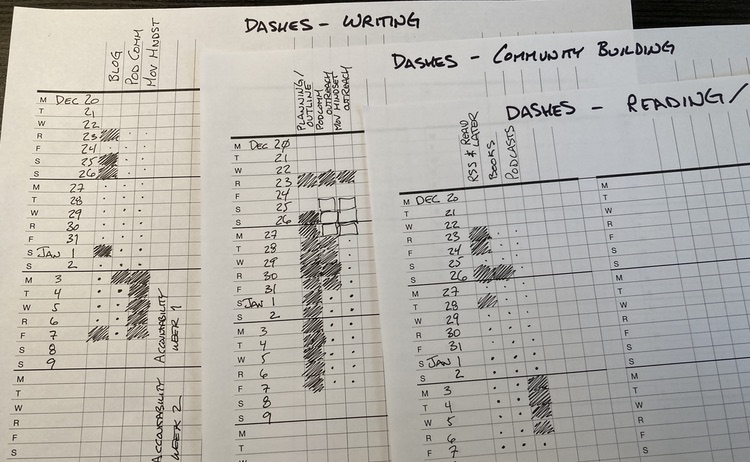What are the key insights into natural movement, breathing, and how they connect to overall well-being?
MaryBeth Gangemi’s experience as a social worker has had a profound affect on how she approaches her movement practice and working with clients. She shares her own movement journey, from city to country side. MaryBeth discusses the importance of environment, breathing, and play on our ability to move well and ‘naturally.’ She unpacks her thoughts on the connections between social work and movement, as well as creating spaces accessible to all.
So you could say, is walking natural movement? […] But what if you’re walking with your head down looking at your phone, with your mouth open breathing heavy, is that? […] If we want to focus on return to nature type of idea […] how about like, really walk with posture up and look where you’re going and look around and see what’s ahead of you? […] Just not letting all of it pass you by.
~ MaryBeth Gangemi (39:34)
MaryBeth Gangemi is a breath, strength, and natural movement coach, in addition to being a wife and mother. She has certifications in many different areas, including MovNat, Kettlebells, Original Strength, and Buteyko Breathing Method. MaryBeth owns and runs Kairos Strong, where she teaches students to develop quality movement to support all areas of their life.
The conversation explores the profound relationship between natural movement, breathing, and overall well-being. Topics include the importance of posture, awareness, and incorporating nature into daily practices to foster mindfulness. Breathing techniques, such as the control pause, are discussed as vital tools for improving health and managing stress.
There’s an emphasis on rediscovering play, curiosity, and sensory experiences, like walking barefoot or engaging with different textures in the environment. The dialogue also examines the role of environment in shaping movement habits and encourages listeners to explore new activities when their current routines become monotonous or unfulfilling.
Takeaways
Breathing awareness — Understanding breathing patterns can improve oxygenation and reduce stress.
Natural movement — Everyday movements like walking and crawling can be made more mindful and enriching.
Environment’s role — The physical and social environment significantly influences movement habits.
Rediscovering play — Adults can benefit from integrating playful and exploratory elements into their routines.
Mindfulness in motion — Focusing on posture and surroundings enriches movement experiences.
Breathing practices — Simple techniques like the control pause provide tangible health benefits.
Flexibility in routines — Movement practices should be adaptable and enjoyable to sustain long-term engagement.
Resources
Original Strength — A movement system mentioned for its effective breathing exercises.
Buteyko Breathing Method — A technique discussed in the context of improving breathing efficiency.
Julie Angel — A person referenced for their work in showcasing diverse movement practices.
(Written with help from Chat-GPT.)
ɕ
